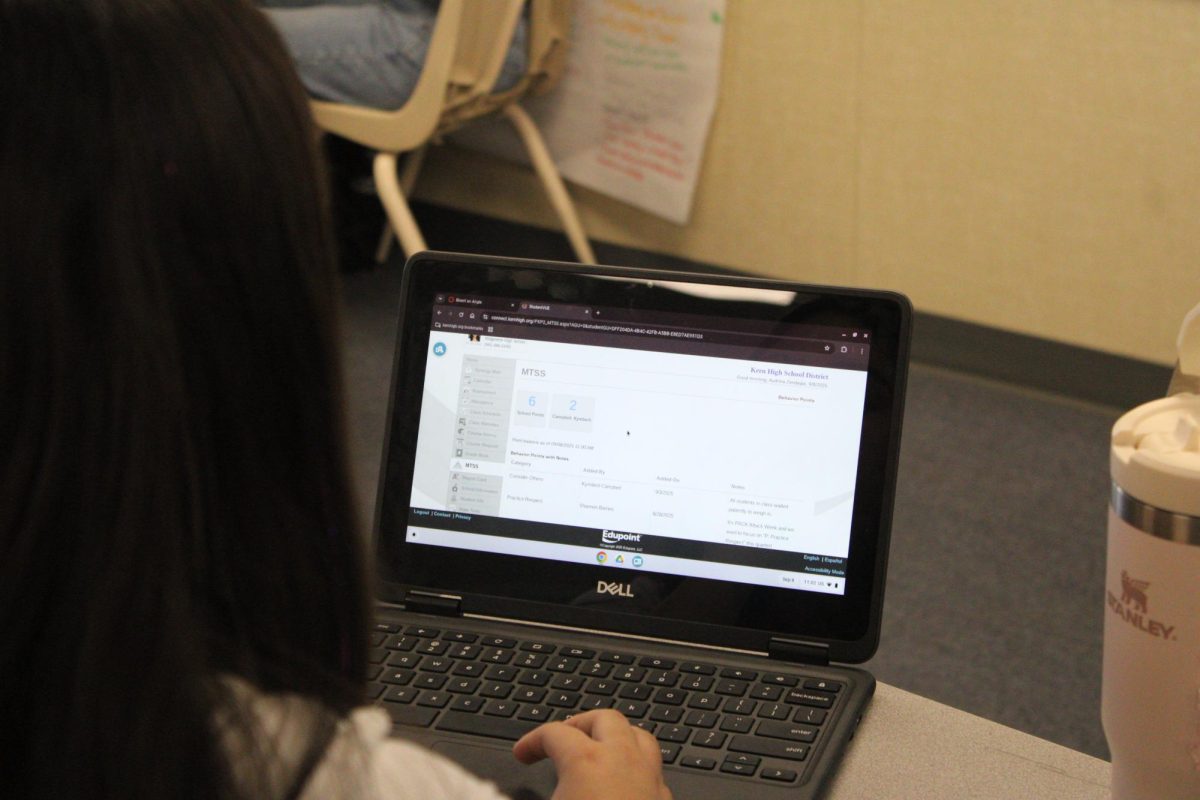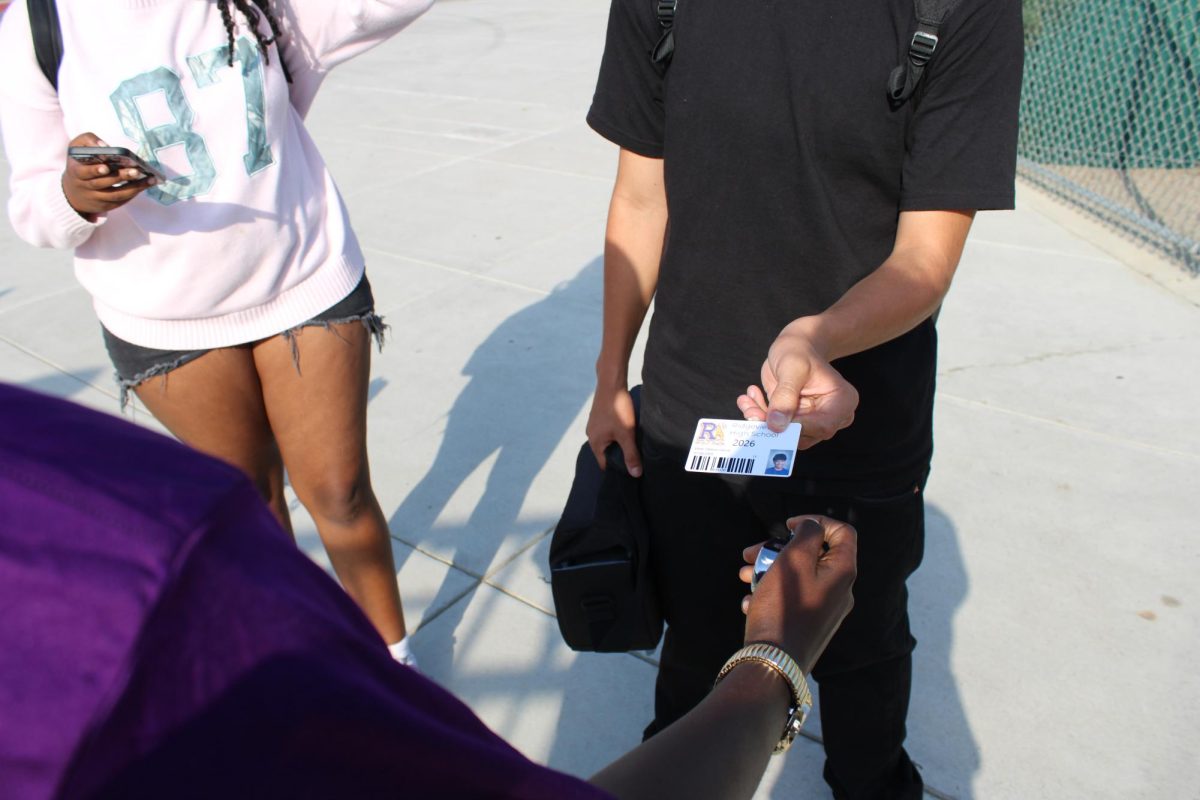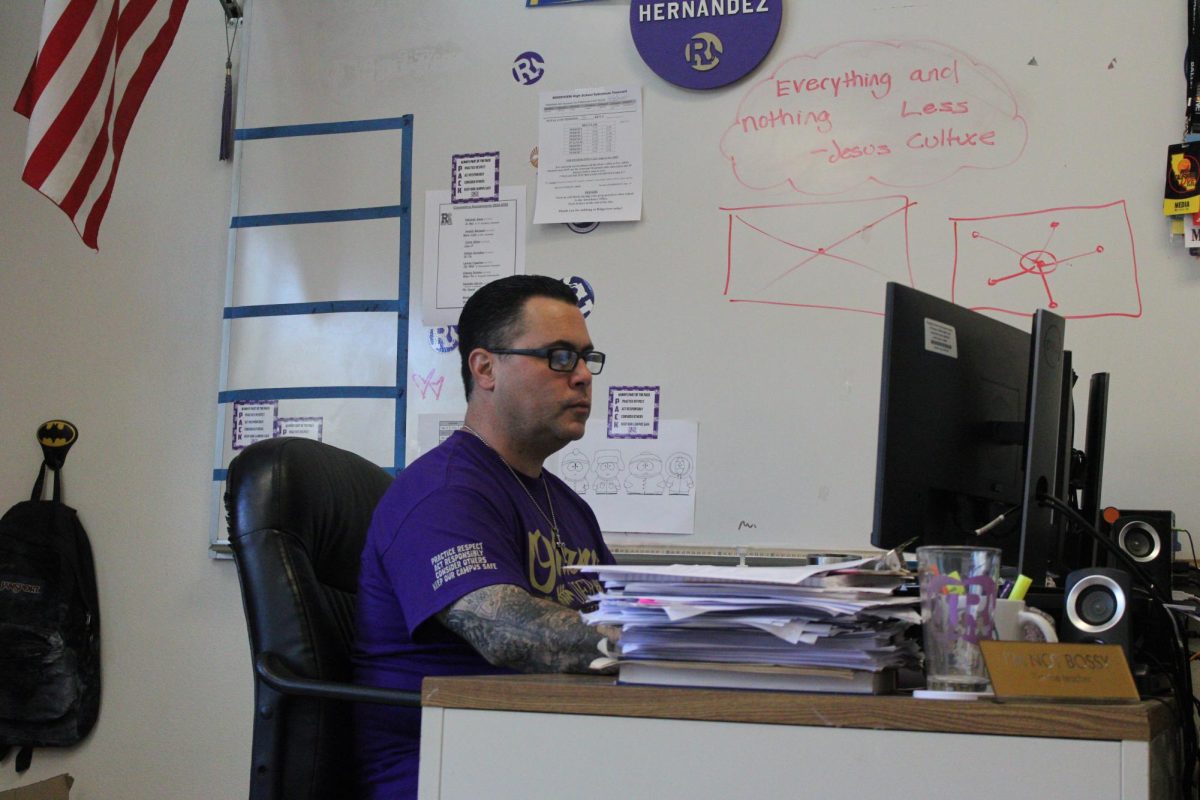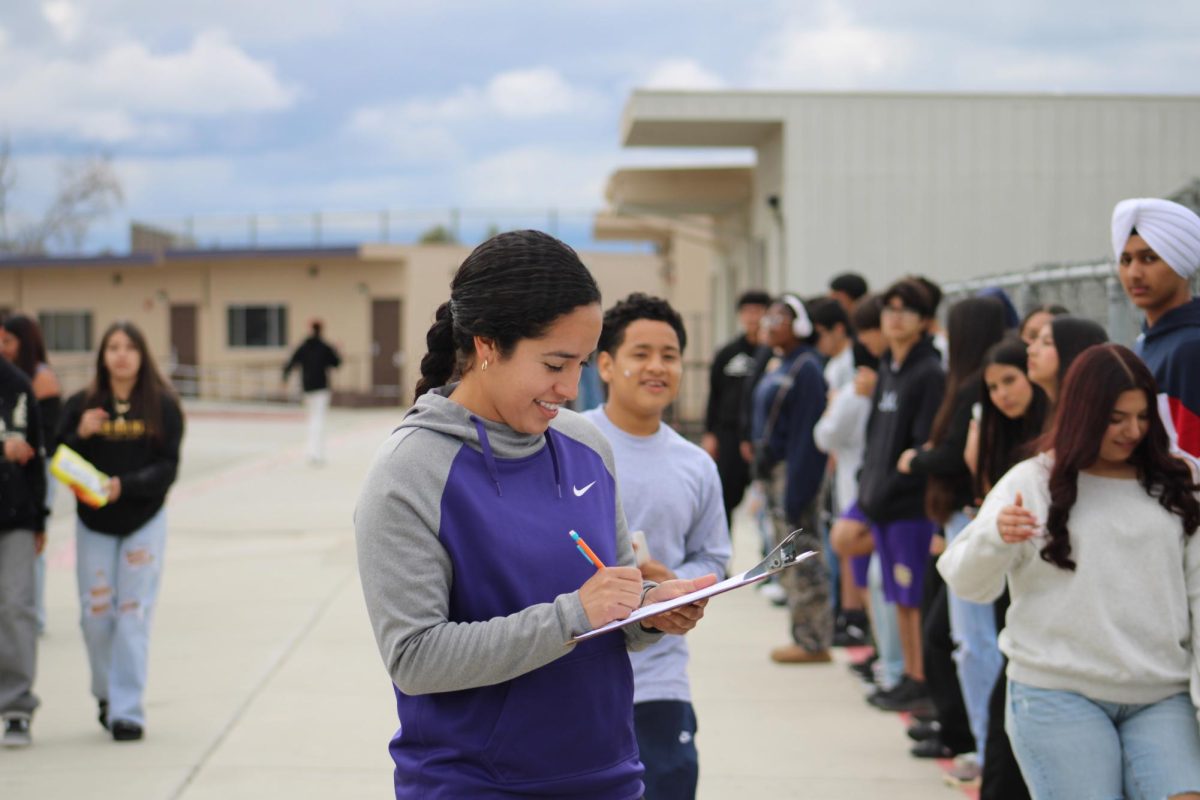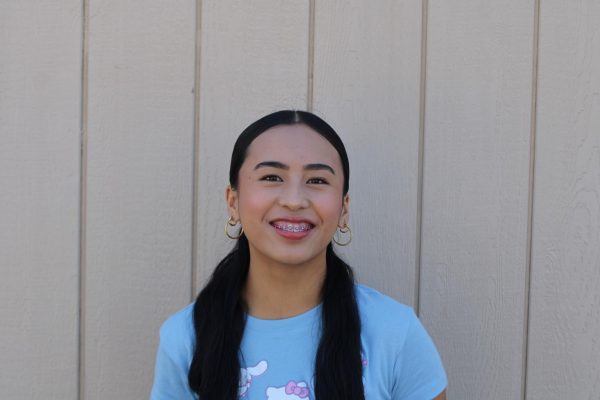With plastic pollution steadily increasing at an alarming rate, the world is frantically searching for someone to hold accountable. In October, Los Angeles County filed a lawsuit against Pepsi and Coca-Cola for their role in significant environmental harm through their plastic beverage products, hoping to strike action within the organizations.
A media release describes the lawsuit, explaining how both companies claim to have ‘recyclable’ plastic beverage containers, despite knowing that the plastic cannot be disposed of without negative environmental impacts. The issue is that Pepsi and Coca-Cola never address these risks and leave their claim open to customer misinterpretation. When asked about what the lawsuit sets to achieve, County Counsel Dawyn R. Harrison, who filed the charge, said, “The goal of this lawsuit is to stop the unfair and illegal conduct, to address the marketing practices that deceive consumers, and to force these businesses to change their practices to reduce the plastic pollution problem in the County and in California.” As a representative of the People of the State of California, he continues by declaring, “My office is committed to protecting the public from deceptive business practices and holding these companies accountable for their role in the plastic pollution crisis.”
Sophomore student Valerie Zelaya-Rizo, a former LA resident, recalls the effects of plastic pollution in her immediate life. “One of the main reasons I moved here to Bakersfield [is] because the pollution was absolutely insane. The streets were, to put it in the nicest way possible; They were disgusting,” she confessed. Zelaya-Rizo further explains, “Workers that specialize in cleaning and renewing our streets…I didn’t see that very often happen, or people volunteering to clean our streets. I think that’s something that we should incorporate in big city places like LA.” When asked what large corporations like Pepsi and Coca-Cola can do to hold themselves responsible, she suggested providing funds or supporting non-profit organizations specializing in cleaning waste, ending her statement by also holding consumers accountable. “If we notice that there is trash lying on the road, pick it up. It’s as easy as that.”
Leanna Hamm, another sophomore at Ridgeview, may not have lived through LA pollution, but can recognize the growing concerns. She states, “I think it’s become such a big issue because more companies are producing plastic cans…and people are just lazy and they don’t throw their trash properly,” elaborating, “[Companies] shouldn’t be creating bottles that cause harm.” Hamm additionally offers another solution to undo the damage induced by plastic pollution, suggesting that Pepsi and Coca-Cola change their packaging to a disposable material that can “fade in the water,” lessening waste and remaining convenient to customers.
Plastic pollution has always been a major problem, especially these last few years. The outcome of this lawsuit could push companies to change, but the responsibility of protecting the environment may ultimately fall on everyone. Zelaya-Rizo concludes, “I think we should both be held accountable for these problems.”








